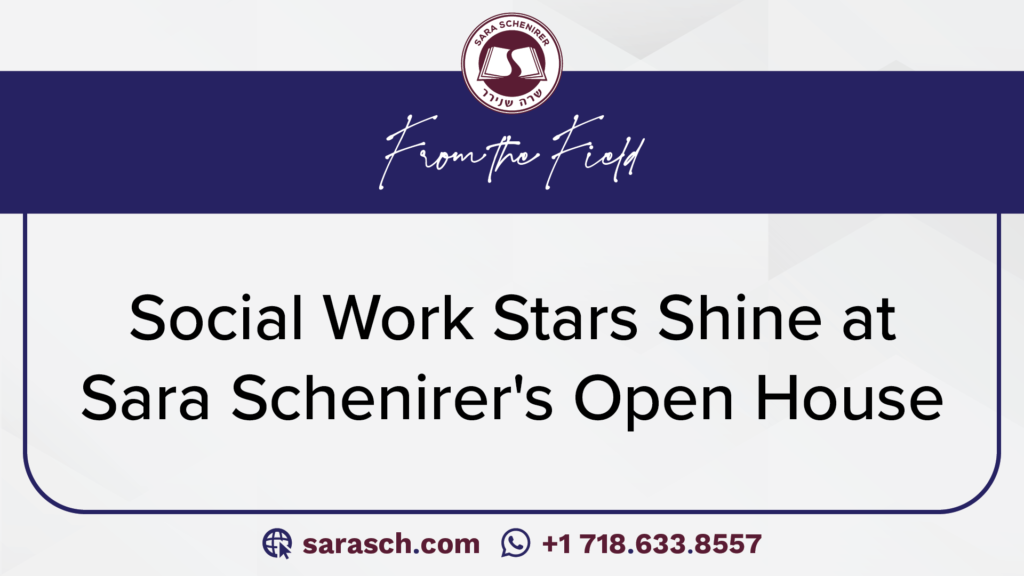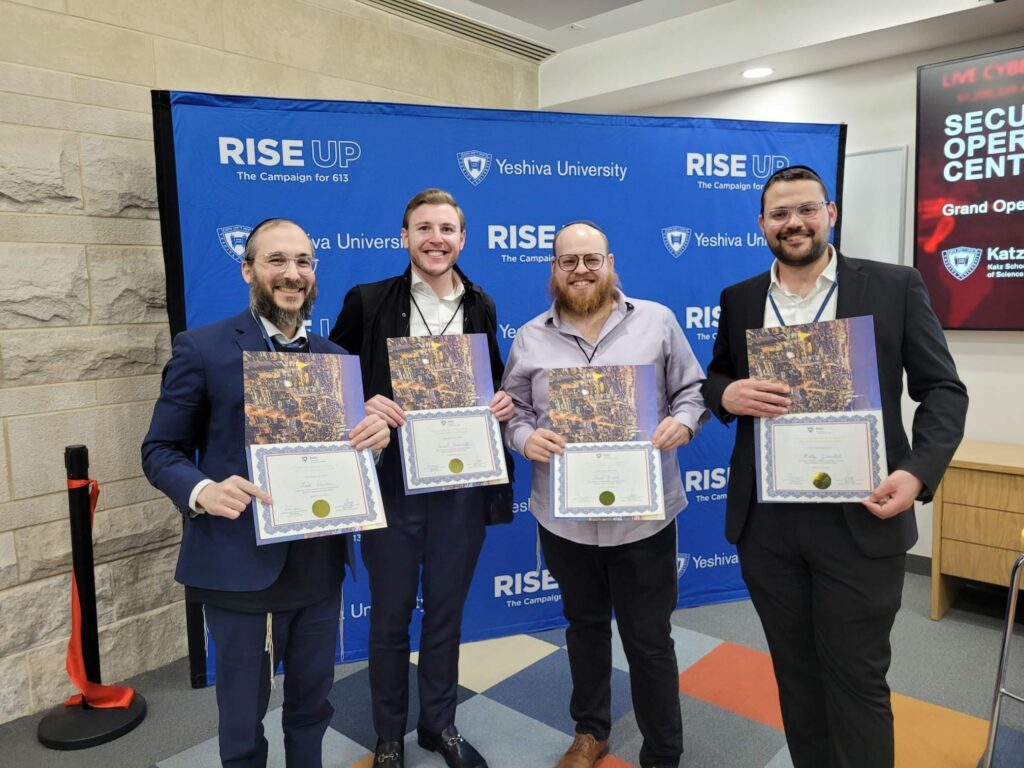The accounting field has become a popular career option for many in the frum community. In this interview, Mr. David Schloss, senior tax accountant at Zell and Ettinger, and Mrs. Shani Willner, CPA and controller at a corporate firm in Brooklyn, share their experience and insights.
- What made you decide to become an accountant?
DS: When I started college, I knew that I wanted to do something in the field of business, but I hadn’t yet decided on a specific career. As it turned out, I spent several years in Kollel in between finishing college and going out to work, and then a position became available at Zell & Ettinger, a respected local accounting firm in my neighborhood, and I’ve been there ever since.
SW: Actually, I didn’t have a particular passion for accounting when I first started. I just knew I wanted a job that was interesting and fulfilling. Baruch Hashem, it turned out to be a good choice, and I haven’t looked back.
- What skills are necessary to be a successful accountant?
DS: Accounting is a broad field, so while certain skills are necessary in order to succeed in one area, those same skills might not be as important in other areas of accounting. In general, however, you need to be organized, work well under pressure, be an effective multitasker, and have good communication skills.
SW: There are so many different directions and options for a new accountant that you can generally take whatever skill set you have and make it work for you.
- Do you need to be good at math to be successful?
DS: That’s a common misconception. You rarely need more than basic addition, subtraction, multiplication, and division for accounting, and even for that, you can use a calculator. It is possible that people who are good at math are more comfortable around numbers in general, and therefore end up in the field of accounting, but it’s not a prerequisite.
SW: I don’t think you need to be great at math, but basic numbers and math equations shouldn’t make your stomach drop.
- How easy is it to find employment?
DS: While I can’t cite statistics, I believe that it is easier to get a job in accounting than it is in many other fields. However, if you want a job in a specific area of accounting, it may not be as easy.
SW: The options are endless. Once you have specialized in a specific field and have a number of years of experience, the range of opportunities narrows, but that’s standard for a high-level position in most fields.
- Is working remotely a realistic possibility?
DS: Working remotely definitely depends on the culture and the norms of the firm you work for. In large firms, working remotely is very common. In midsize and smaller firms, it had been less common, however, since the onset of the COVID-19 pandemic, many smaller firms were forced to introduce working remotely, and it has become far more prevalent.
SW: Usually, that’s an option, but it will probably affect earning ability.
- Is accounting a field that requires compromises from the standpoint of Torah-observance?
DS: Any job that requires interaction with the secular world will have its challenges. The only area in which accounting is perhaps more challenging than other fields is the deadline issue. This can cause some people to arrive home quite late on Erev Shabbos, and when deadlines fall out on Yom Tov, you can be sure that Chol Hamoed won’t be much of a vacation.
SW: I don’t feel that it does for me.
- Is this a field that is ideal for married women?
SW: It’s pretty flexible, and I don’t find many hashkafic conflicts arising.
- How do you deal with the Pesach/April 15th conflict?
DS: In years when Pesach and April 15th conflict, in our firm we try to get all our tax returns either completed or extended before Yom Tov. This requires a lot of coordination from the top down, but since everyone in my office is frum, we are all on the same page about this. In larger firms, it can be quite a challenge.
SW: It’s generally only an issue for tax accountants, which I’m not, so it has no bearing on me at all.
- Do you recommend starting out in the field working for a small or large accounting firm?
DS: I recommend starting to work in the kind of place you plan to end up in. The experience you get at a small firm doesn’t necessarily provide you with the knowledge you need to advance in a large firm, and vice versa.
SW: Working in a large firm will be good for your reputation, but a smaller firm sometimes provides more hands-on experience straightaway, so I see it as a toss-up.
- What’s the hardest part of your job?
DS: There are aspects of any job that are more interesting than others. There are also unpleasant situations in which you need to tell people that they owe money to pay taxes, and you don’t know if they have the money to do so.
SW: Tough question – I really like my job. =)
- How do you stay current in a field that is constantly changing?
DS: My firm subscribes to tax bulletins that inform us about new tax laws. We also attend seminars that provide in-depth analysis of new tax laws. Finally, we speak with other accountants in the field to solicit input about the ever-changing laws.
SW: I read a lot of publications. I don’t have time to attend many classes.
- What advice would you offer to someone considering a career in accounting?
DS: I would advise them to think long and hard about where they want to be 10-15 years down the road. Then they should put themselves in the best position possible to attain their goals from the start. They should know that accounting can be a very rewarding field; you can really help people be more successful, run their business more efficiently, and of course, get large tax refunds.
SW: Do your research. Speak with people who are in the field to see if the work interests you, but make sure to always keep your priorities straight. Your career must work for you and not the other way around.




